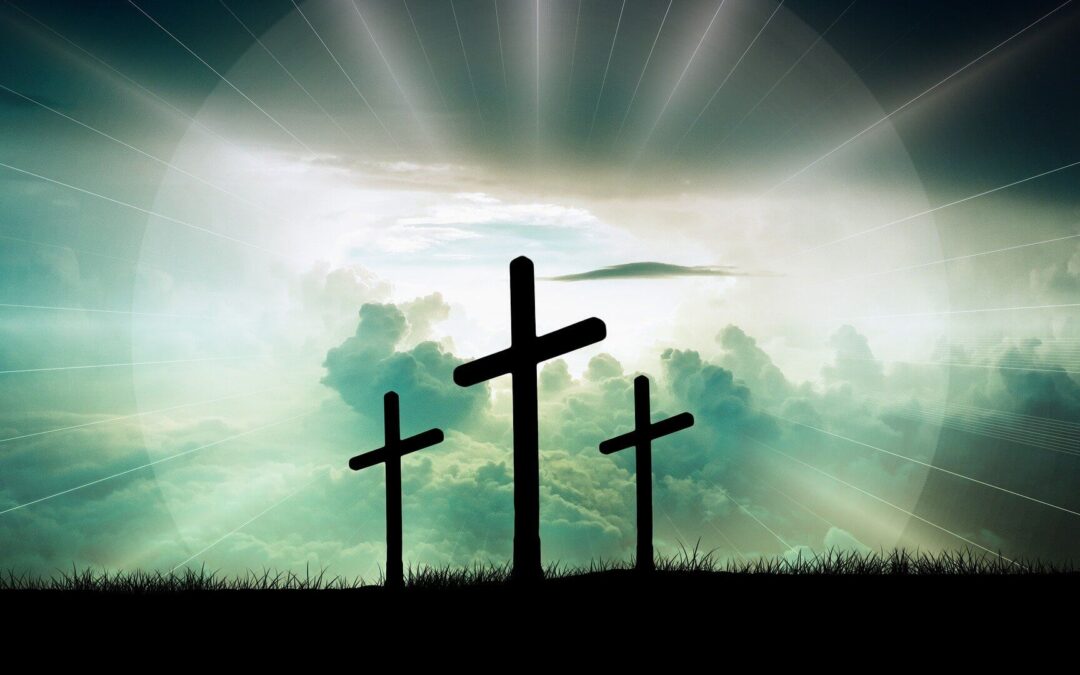Hast thou not heard … fainteth not neither is weary. Isaiah 40:28 KJV
Have you not heard? … Does not become weary or tired. Isaiah 40:28 NASB
What a comfort to a weary people to be assured that the God Who cared for them never became weary. Elsewhere, we are reminded that He will “neither slumber nor sleep” (Ps 121:4). There is not a moment when either the control of the universe or the care for His own is not His immediate concern.
Yet in John 4 there are obvious contrasts with this chapter, Isaiah 40 which we are highlighting. In John 4, we read “Jesus therefore being wearied with His journey, sat thus on the well” (John 4:6). Some have struggled with this as a seeming contradiction to Isaiah 40:28. Tragically, there are even those who have gone to the heretical length of denying the deity of the Lord Jesus Christ as a result.
Do His experiences of weariness, hunger, thirst, fatigue, and sorrow disqualify Him as deity? Do they somehow compromise Who He is? Was deity somehow lessened when He became man?
 Every moral virtue and every essential attribute of deity was possessed by the Lord in His manhood. Nothing was lost. He was full deity while being a real man. In incarnation, He submitted Himself to the experiences of physical humanity, but not to moral humanity. Adam, in innocence, even before the fall, knew day and night and the rhythm of life. He had food to satisfy hunger and water to satisfy thirst. These are part of unfallen humanity; his labor in the Garden would have led to fatigue. The Lord Jesus, in incredible condescending grace, entered into all the physical experiences of sinless humanity such as growth, hunger, thirst, weariness, and fatigue.
Every moral virtue and every essential attribute of deity was possessed by the Lord in His manhood. Nothing was lost. He was full deity while being a real man. In incarnation, He submitted Himself to the experiences of physical humanity, but not to moral humanity. Adam, in innocence, even before the fall, knew day and night and the rhythm of life. He had food to satisfy hunger and water to satisfy thirst. These are part of unfallen humanity; his labor in the Garden would have led to fatigue. The Lord Jesus, in incredible condescending grace, entered into all the physical experiences of sinless humanity such as growth, hunger, thirst, weariness, and fatigue.
We must guard against saying that He was weary as a man but never weary as God. All that He experienced, He did so in the totality of His person, as God incarnate.
But what is so unique and so wonderful to trace in this blessed person, is how everything was used for God. In John 4, we are confronted by three qualities of the Lord Jesus: His hunger (He sent the disciples away to buy bread), His thirst (“Give Me to drink), and His weariness.
We think of these three, and with some justification, as occasions to satisfy our hunger, to quench our thirst, and to withdraw from others and to rest. In modern parlance, we refer to this as “me time.” How did He act? He used His weariness to wait at a well to meet a woman. He used His hunger to dismiss the disciples and send them away so as to be alone at the well; and, He used His thirst to engage a lost sinner and awaken in her a sense of her need.
Were we to stop here, there is sufficient cause to worship His mercy and kindness, His moral beauty and excellence. But let me go one step further. Why was He so interested in this woman? True, He wanted to bring her the water of life. But there is something even better. He was seeking to bring her to become a worshiper of the Father (John 4:23, 24).
The Lord Jesus used hunger, thirst, and weariness, to serve and honor His Father! There was never a moment of “me time” in His life here on earth. Every moment, even those of fatigue and weariness, were employed in the will and work of His Father.
Consider
- In what way was the Lord’s sleeping in the hinder part of the ship (Mark 4:38), intended for the blessing of the disciples and not for His own comfort?


Excelent